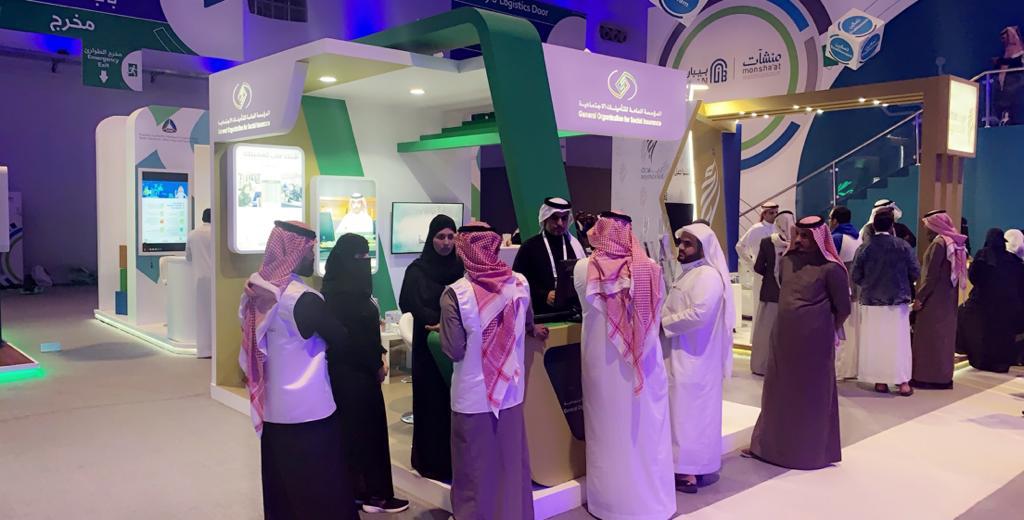Saudi Arabia took a big leap forward in transforming its pension system with the recent announcement of comprehensive reforms, designed with support from the World Bank, aimed at enhancing income protection during old-age, but also promoting gender equality.
Writing in World Bank Blogs, authors Fadia Saadah, Johannes Koettl, Gustavo Demarco and Ramy Zeid commend Saudi Arabia for approving a New Social Insurance Law that introduces comprehensive pension reform.
“Saudi Arabia took a big leap forward in transforming its pension system with the recent announcement of comprehensive reforms, designed with support from the World Bank, aimed at enhancing income protection during old-age, but also promoting gender equality. Aging populations, caused by increasing life expectancy and falling fertility rates, combined with the changing nature of work and the erosion of informal and traditional family support systems, have created considerable challenges for pension systems worldwide. Many are facing fiscal sustainability pressures and adequacy concerns, including in the Middle East and North Africa (MENA) region. Pension reform is always difficult due to the political economy challenges, which is why this comprehensive pension reform in Saudi Arabia is such a breakthrough. It truly sets a new benchmark for the MENA region, addressing critical issues such as retirement age, maternity leave, and social insurance coverage.” [https://blogs.worldbank.org/en/arabvoices/breakthrough-pension-reform-in-saudi-arabia-a-model-for-the-mena-region]
A fundamental change is the gradual increase in the statutory retirement age from 58 to 65 years. “This adjustment aims to ensure the sustainability of the pension system and reflect the longer life expectancy in the country, which increased from 52 years old in 1969 (when the Social Insurance Law was issued under a Royal Decree) to 78 in 2022.”
Another advancement involves maternity leave where that will, “now be financed through social insurance rather than by individual employers. This change ensures that both men and women contribute to financing maternity leave, easing the financial burden on employers. The reform not only promotes gender equality in the workplace, but also encourages higher female participation in the labor force.”
Overall, the reform is notable for:
-
Increased Retirement Age: The most significant change is the gradual rise in the retirement age to 65. This applies to new employees only. Existing contributors will continue under the previous retirement age stipulations, with some exceptions.
-
Two Systems: The law creates a two-tier system. New employees will be covered under the New Social Insurance Law, while existing contributors remain under the Civil Pension and Social Insurance Laws.
-
Exceptions for Existing Contributors: Existing contributors will see adjustments to their retirement age and eligibility for pensions before retirement age. The exact changes depend on their age and contribution history.
The authors conclude that,
“Saudi Arabia’s pension reform is a groundbreaking development for the MENA region, but more reforms are needed. Achieving a truly robust pension system requires further reforms in the entire region beyond parametric reforms such as retirement age and contribution periods. To ensure sustainability and adequacy, it is essential to diversify pension funds, design adjustment mechanisms, and enhance private savings options.” [https://blogs.worldbank.org/en/arabvoices/breakthrough-pension-reform-in-saudi-arabia-a-model-for-the-mena-region]
To read more, click here and here.









